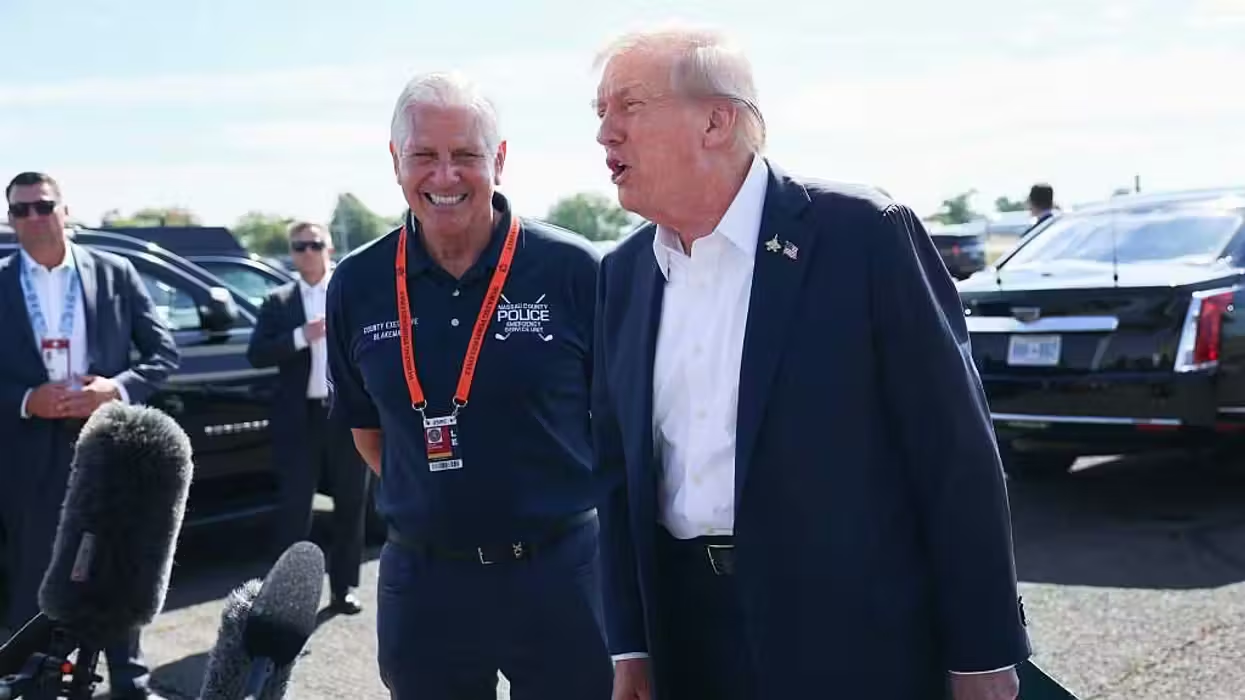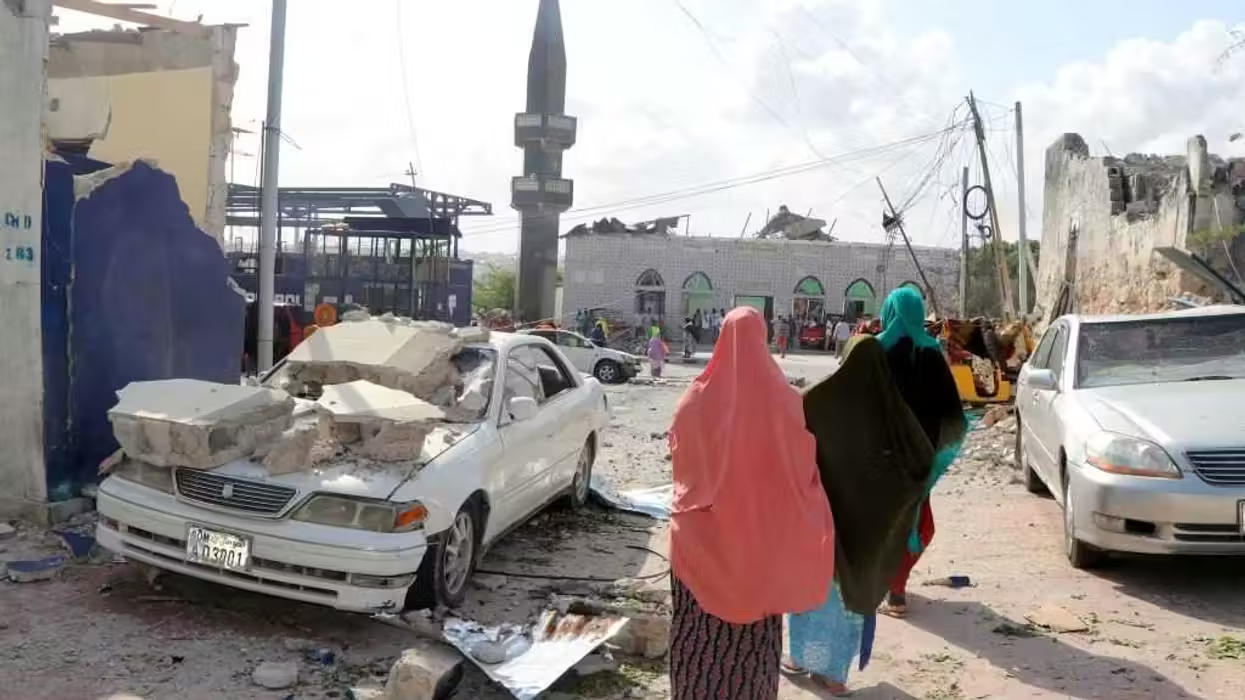
© 2025 Blaze Media LLC. All rights reserved.
National security advisor H.R. McMaster will present a plan to President Trump that calls for a more robust American presence in the fight to stabilize Afghanistan, according to Eli Lake at Bloomberg. The Afghanistan operation is the longest war in American history. American troops have been there for 16 years.
According to the report, the McMaster plan will cost $23 billion per year (as a starting point, which is sure to expand) and will subsidize Afghan defense and policy programs.
The McMaster plan reportedly relies upon an unproven strategy to boost the capacity of the central Afghan government in Kabul.
“The proposed Afghanistan strategy would tie the U.S. to the success of President Ashraf Ghani's ambitious plan to build up an inclusive government and regain territory from the Taliban,” Lake reports.
Yet never in the country’s history has an Afghanistan central government had the power to enforce law and order throughout the nation. Additionally, there are no signs that a multi-billion-dollar effort would immediately change those dynamics.
A tribal society, Afghanistan is heavily divided along ethnic, regional, religious, and language lines. For many Afghans, their tribe comes first, followed by their ethnicity, followed by their “Afghan” identity. This reality creates a virtually impossible task for President Ghani, who is Pashtun, to miraculously unite non-Pashtuns who don’t view him as their legitimate representative.
Another alarming aspect of the McMaster draft reportedly involves a stated willingness to bomb the Taliban while simultaneously engaging in peace negotiations with the Taliban. The Islamic terrorist organization ruled Afghanistan from 1996-2001 under the “Islamic Emirate of Afghanistan” banner. It was ousted in late 2001 by the Northern Alliance and U.S. forces.
Since then, the Taliban has continued working for its end goal — to retake the entirety of the country, occasionally using diplomatic efforts to further its objectives.
One striking example of diplomacy-gone-haywire was President Obama’s release of the infamous “Taliban 5” from Guantanamo (in exchange for alleged deserter Bowe Bergdahl). Freeing the five jihadi commanders was widely viewed as a concession to the Taliban. Yet it yielded no objectively positive results.
A report released by the Special Inspector General for Afghanistan Reconstruction (SIGAR) Monday noted that the Taliban now controls or contests 40 percent of Afghanistan’s 407 districts.
Experts continue to warn that negotiations with the Taliban will not yield positive results.
“The US, NATO, and Afghan government have pushed for negotiations with the Taliban for over a decade, with zero success,” Bill Roggio of the Long War Journal tells CR. “The Taliban has been clear all along that its goal is to regain full control of the country, and that it would not share power with the Afghan government. There is no reason to believe it will compromise now, especially when it is at its strongest.”
Roggio has reported on how the Taliban has even teamed up with Al Qaeda to achieve its ends. The jihadi group has recently come to blows with the Islamic State Khorasan province (ISIS-K) as part of the campaign to secure a greater swath of the country.
In late 2016, CR’s Daniel Horowitz wrote, “Those who decline to observe the failures of Afghanistan are already showing signs of repeating the mistakes elsewhere.” With McMaster’s reported plan to advocate for a troop and cash infusion, it appears he is doubling down on those failures, throwing money and armaments into the mix in an attempt to break through an extreme cultural divide.
Even if the McMaster plan could miraculously unify Afghanistan for the first time in its history, the country would still be a Sharia state that would undoubtedly force philosophical clashes with the United States.
But what happens when the Islamic State and other radical groups proliferate inside the country?
The United States can still prosecute the war against the global jihad movement without a permanent presence in Afghanistan. Utilizing its bases throughout the region, the American military is plenty capable of striking Taliban/Al Qaeda/ISIS hot spots in Afghanistan without dedicating more ground troops and billions of dollars to a never-ending stabilization and centralization effort there.
Thousands of Americans have already died fighting in the wilds of Afghanistan as part of a failed democracy project in a country that wants nothing to do with liberal democracy. If President Trump agrees to the reported McMaster plan, he would be sending American troops on an almost impossible mission that comes seemingly without a defined plan of victory or exit strategy.
Want to leave a tip?
We answer to you. Help keep our content free of advertisers and big tech censorship by leaving a tip today.
Want to join the conversation?
Already a subscriber?
more stories
Sign up for the Blaze newsletter
By signing up, you agree to our Privacy Policy and Terms of Use, and agree to receive content that may sometimes include advertisements. You may opt out at any time.
Related Content
© 2025 Blaze Media LLC. All rights reserved.
Get the stories that matter most delivered directly to your inbox.
By signing up, you agree to our Privacy Policy and Terms of Use, and agree to receive content that may sometimes include advertisements. You may opt out at any time.






